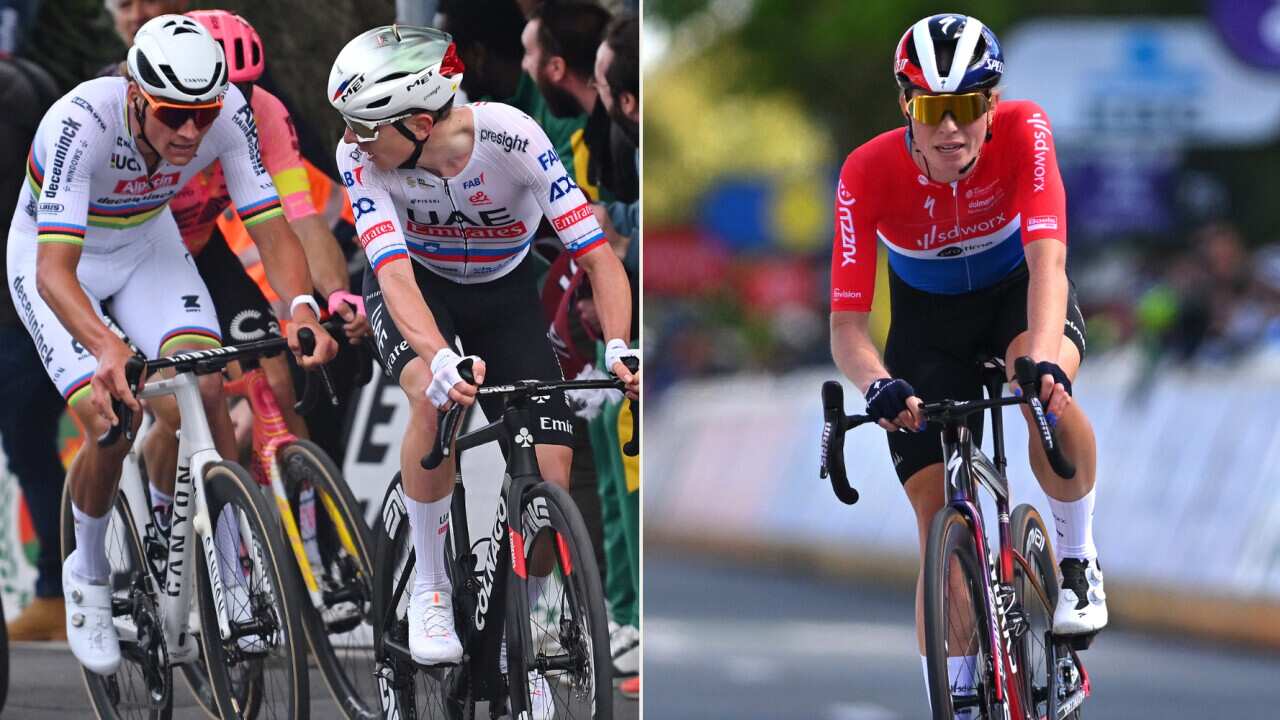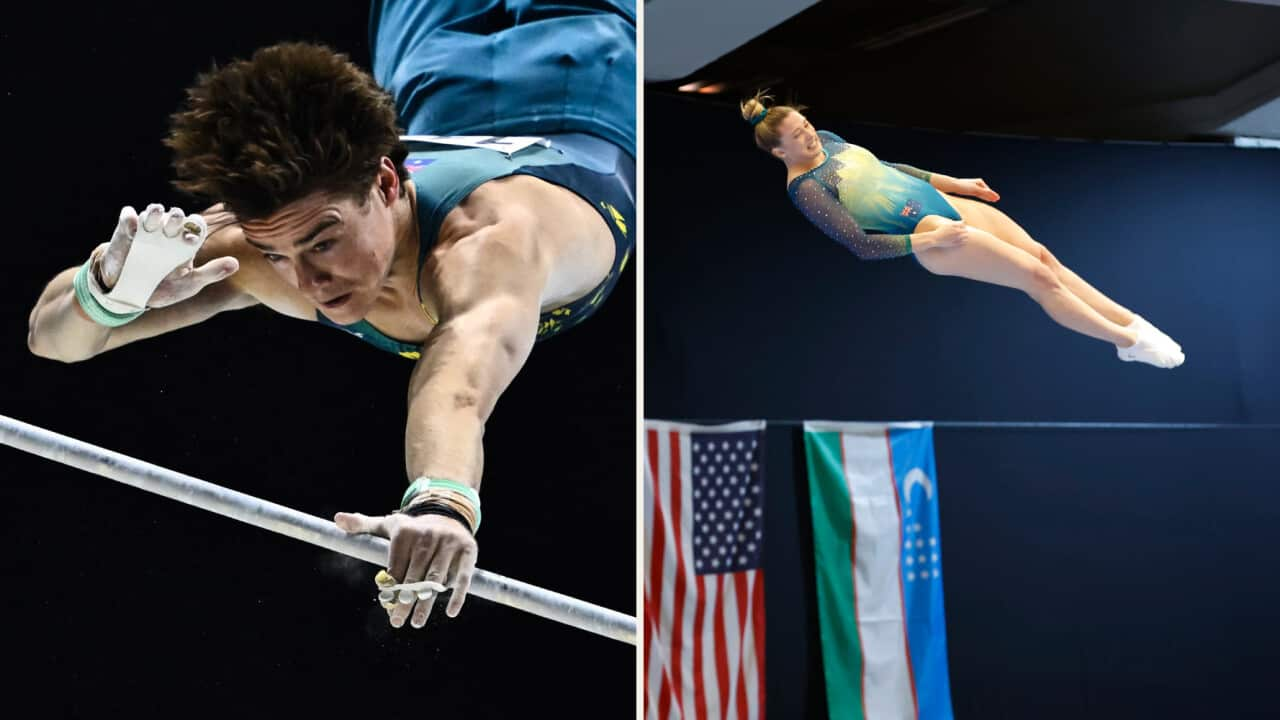From nude calendar shoots to player strikes, a courtroom showdown and a dramatic coach sacking - it’s fair to say that the off-field scandals have far outweighed the strides made on the field.
Today, that balance of power has shifted with the historic and world-first revelation that top-tier Australian female national team players will earn the same pay as their male counterparts.
Joining forces, Football Federation Australia, together with Professional Footballers Australia announced that a new “landmark” collective bargaining agreement had been struck, which will see the pay gap between the Matildas and the Socceroos closed.
“The new, four-year CBA will see the Socceroos and Matildas receive a 24% share of an agreed aggregate of National Team Generated Revenues in 2019/20, rising by 1% each year of the 4-year deal.”
“From within this 24%, the players will commit a 5% share of National Team Generated Revenue to reinvest in Australian Youth National Teams, guaranteeing a minimum level of investment in future generations of Socceroos and Matildas.”
It’s an almost surreal moment in time because for years, the playing cohort together with Professional Footballers Australia have been dreaming of a day like this for years.
Those exact sentiments were reflected in Elise Kelllond-Knight’s comments as she sat proudly in the official press conference today, with the experienced midfielder calling it “massive.”
“As a female footballer, it’s what we’ve always dreamt of. This new CBA show us respect.”
For so many years, that’s precisely what it’s been about for these footballers who have dedicated their lives to pursuing their dreams with very little reward.
I think of past players like decorated Matilda, Joey Peters who represented Australia 110 times during a period where they were asked to pay for their own jerseys when they travelled abroad for international tournaments and earned as little as $40.
It’s important that we thank the players from earlier generations for their commitment to the green and gold in the face of such adversity time and time again - they demonstrated a love for the game like no other and are as much to thank for the current standards as those who worked to put it in place today.
The overall efforts that have gone into achieving this deal cannot be underestimated and the inclusion of the Socceroos voices, of past and present players and organisational leaders has been immense.
“Incredible credit goes to the legacy of great leaders across our national teams for a number of generations. Wave after wave, they have always had one eye on ensuring those that follow them have greater opportunities,” said former Matilda and PFA deputy chief executive Kathryn Gill.
The Football Federation Australia board has also received mixed reviews since their inception last November but this decision will no doubt raise their estimations in the eyes of the domestic football fraternity and the world.
So much of my admiration however goes to the players, who throughout time have continued to agitate for change and draw attention to the numerous issues that have dogged women’s football for years.
Underpinned by poor pay conditions, the lack of the most basic provisions; including a maternity leave policy, led to the previous collective bargaining agreement introducing much-needed change but it took a gallant act of bravery to get there.
Had it not been for the hugely determined group of Matildas players who assembled in Hyde Park in September of 2015 to announce they would be going on strike, the wider public would not know what we know today.
I still remember standing in front of 2014 Asian Player of the Year and Matildas midfielder, Katrina Gorry who broke down in tears to me that ill-fated day.
“I just wish that they could spend a year in our shoes - the commitments that we have and the sacrifices that we have to make. I am considering retiring in the next few years purely because I can’t afford it. I want to move out, I want to do those things,” she said.
It was genuinely heartbreaking and at the time, I feared that we would lose a great number of promising female footballers as a result of these jarring disclosures but now the future looks brighter than ever before although there is still work to be done, notwithstanding some misguided perceptions.
For too long, the battle lines have been drawn between men’s and women’s football with detractors of the latter arguing that female footballers don’t generate the same revenue and are therefore unworthy of equal remuneration.
It’s an erroneous attempt to quantify an archaic view - this isn’t just about the money, it’s about rewarding the all-consuming sacrifices, the hard work and immeasurable dedication required to succeed as a footballer.
When it comes to that, you cannot argue that the men work harder than the women because all of the fundamental elements that go into producing a talented athlete can never be measured by gender.
It’s high-time that we start treating them as professional athletes and not as women because for so many years, the devil has been in that detail.
For decades sporting organisations have been sending the wrong message to young girls everywhere, subliminally telling them that it doesn’t matter how much you practice or how hard you work - it could amount to very little in your chosen sport.
The irony is, we are the first to demand World Cup trophies and success whenever these women cross the white line and represent Australia at major tournaments.
In order to achieve that, it requires funding, belief, resources and support and today I am really proud to say that I am Australian because we have set standards that others codes and football associations will be envious of.
I can’t help but think of the USA women’s national team are who currently embroiled in a lawsuit with their own federation, alleging institutionalised gender discrimination.
I can only hope that this announcement will encourage others to follow suit globally because it’s time to stop resisting change and celebrate raising one another up.
The beautiful game only stands to gain from these decisions because it will create additional pathways for coaches, administrators and extended stakeholders - none of which have to be determined by gender.
The appetite for women’s football continues to grow with over a billion people tuning in to watch the Women’s World Cup in France this year and a record breaking 20,000 fans expected at Bankwest Stadium this weekend for the Matildas clash with Chile.
Further still, England has seen an enormous spike in attendance figures this season with the Women’s Super League clash between Chelsea and Tottenham Hotspur attracting 24,000 fans at Stamford Bridge while 31,000 fans watched the Manchester Derby.
As a comparison, the round four A-League derby between Melbourne Victory and Melbourne City saw 20,865 fans assemble at Marvel Stadium.
But my ultimate dream is that we stop making comparisons and start respecting all forms of football whether it be played by men or women.









